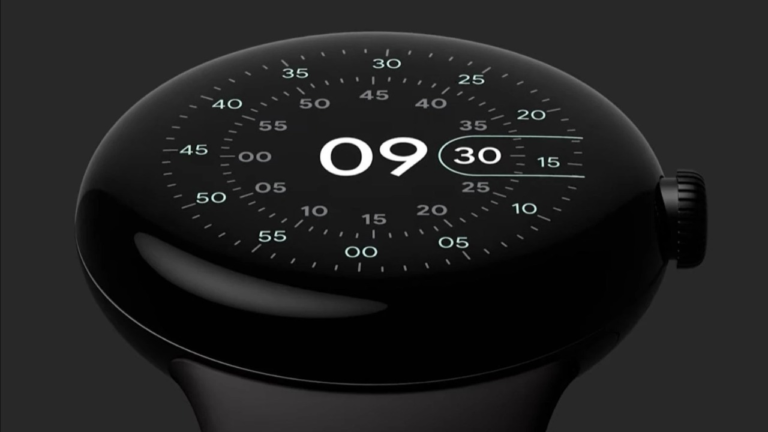Last year, Gemini was brought to iOS devices through a dedicated app, but now Google is eyeing an even bigger opportunity. One of the big announcements at CES 2025 was that Google TV devices will soon be powered by Gemini. What are the highlights? Now you can talk to your TV’s virtual assistant without having to speak into the remote control. This is all thanks to an upgraded voice assistant powered by Gemini AI, scheduled to be rolled out later this year.
But the focus isn’t just on television. Google’s smartwatch platform, Wear OS, may also receive Gemini support soon. There was speculation that this would coincide with Google’s March 2025 Pixel feature removal. A recent report from 9to5Google points out that there are some strong hints about this in the beta version of Google apps (v16.0.5). Embedded in the code is a reference to Gemini as a wearable assistant. One line reads, “Easily talk and get more done with the Assistant on your watch, reimagined with Google AI.” This language suggests that the Assistant on Wear OS will be more natural and conversational than before, allowing for more dynamic interactions.
When Gemini comes to Wear OS, it will likely come with an update to the existing Google Assistant app. The basic method of calling your assistant probably won’t change much. Continue using the “Hey Google wake word” or press and hold the side button on your watch. However, there is also talk of a new Hey Gemini hotword that could replace or stand alongside Hey Google. This was spotted in an Android XR demo video and could make its way to Wear OS as well.
It’s clear that Google is betting big on Gemini to redefine the way we interact with Gemini devices. From televisions to smartwatches, it’s all about making technology feel more human. We’ll have to wait for the exact date, but 2025 looks like it’ll be another exciting year for Google’s AI-powered ecosystem.
For those who don’t know, Google made big strides with Gemini AI in 2024, and it looks like the momentum is here to stay. Google’s chatbot was initially introduced as Bard, then evolved into Gemini, and has gradually been integrated into the company’s various products and services. From smartphones and tablets to Gmail, Google Docs, and Maps, Gemini is becoming more commonplace across the Google ecosystem.


